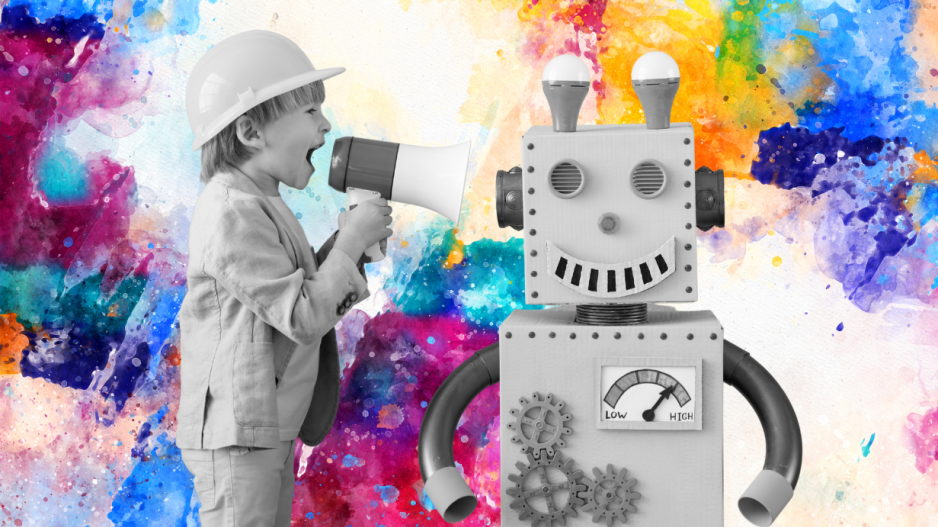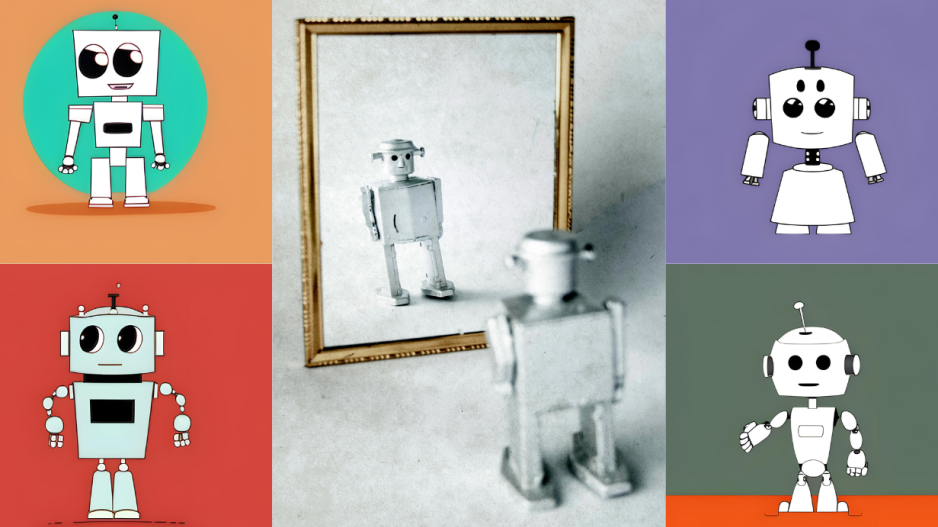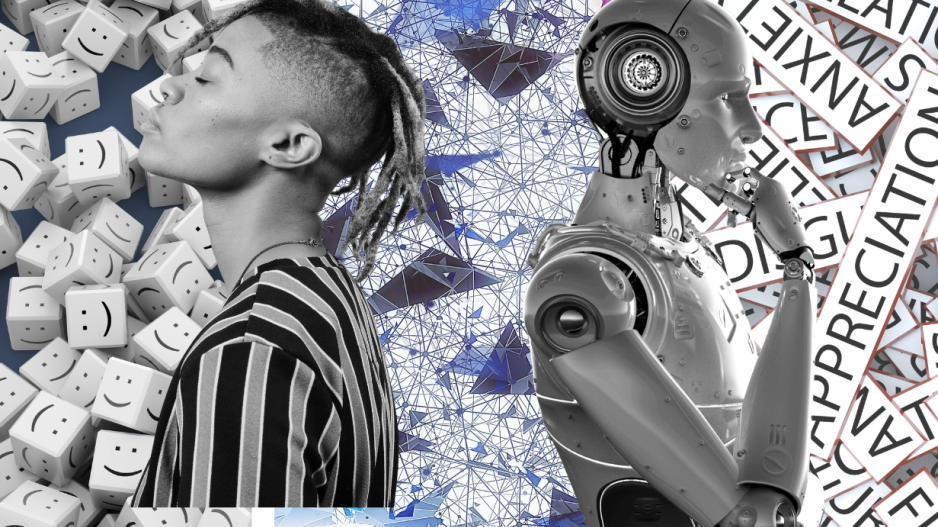Irreplaceable Human Talents Overpowering AI
Artificial intelligence (AI) can help us automate mundane tasks, but it can be easy to fall down a rabbit hole of an AI-automated life, where creativity and authenticity are overshadowed by instant gratification. Former IBM CEO, Ginni Rometty stated that “some people call this artificial intelligence, but the reality is this technology will enhance us. So instead of artificial intelligence, I think we’ll augment our intelligence.”
As companies look to optimize their operations through AI implementation, people are concerned about being replaced. Integrating AI in our work processes could truly shed light on the need for human intelligence and compassion, and the value of people’s intellectual curiosity.
Humans are naturally curious beings. From the moment we are born, we have an insatiable desire to explore and understand the world around us. It is this curiosity that drives us to learn new skills and acquire knowledge. While AI can provide us with information and enhance our productivity, it lacks the inherent curiosity that drives human exploration.
Given the rise of AI, leveraging technology like ChatGPT to automate mundane tasks can be a time-saving convenience. However, it is essential to strike a balance. While AI can assist us in our daily lives, it should not replace human engagement entirely. Regulating the extent to which we rely on AI is key to preserving our creative and authentic selves.
Cristian Randieri, member of the Forbes Technology Council, author and scientific researcher notes that “ Curiosity is often the spark that ignites new ideas and theories. Curiosity about a particular subject or phenomenon drives people to learn more, explore it from different angles and ask innovative questions.” In leveraging AI and human curiosity, he expresses the notion that “human curiosity can guide AI development by providing the necessary context and direction for AI systems.”
In this sense, intellectual curiosity can guide technologies such as AI, enhancing human ability to bring ideas to fruition and execute faster. The argument here is that AI is not replacing a human skill, but rather supporting intellectual curiosity. The main driving factor is that human curiosity is irreplaceable, and can only be further improved.

Our ability to ask questions, seek answers, and discover new possibilities is a fundamental trait that sets us apart. Nurturing and engaging with our curiosity is crucial. It allows us to keep up with new technologies like AI and ensure that we don't become passive consumers of information, but active participants in the world of knowledge.
Francesca Gino, a behavioral scientist and professor at Harvard Business school writes “when our curiosity is triggered, we think more deeply and rationally about decisions and come up with more creative solutions… Curiosity allows leaders to gain more respect from their followers and inspires employees to develop more-trusting and more- collaborative relationships with colleagues.”
Cognizance, reflection, and continuous improvement are crucial traits for personal growth and development. As humans, we possess the capacity for introspection and the ability to recognize our strengths, weaknesses, and areas for improvement.
Self-awareness allows us to understand our emotions, motivations, and behaviors, empowering us to make conscious choices and take deliberate actions. However, AI sets us in a comfortable lull by recognizing how we consume content and predicts our preferences. In doing so, our creativity and desire to improve ourselves stagnates in response to repeated comfort in digesting content tailored to us. We lose touch with the grander scope of the world.
Practicing self-awareness of the things we watch, read, think, and ultimately do is not as common as someone may think. However, being cognizant is critical to success, both in career and in life. Deeper Signals, a personality assessment platform highlights that “the benefits of self-awareness are well documented.
Those who demonstrate a strong sense of self are regarded as higher performers, have better chances of getting promoted, improve job satisfaction and productivity amongst direct reports and tend to be better at decision making.”
While AI may excel in processing vast amounts of data and performing complex calculations, it falls short in one critical area—emotional intelligence.
Outside of our careers, cognizance is critical for factors such as financial literacy. Achieving financial well-being requires more than just basic math skills or knowledge of financial products. It demands a deeper understanding of our habits, attitudes, and behaviors. Psychology Today has coined a term tying the two together, called financial self-awareness, or FSA. Their research findings state that having higher FSA is tied to higher financial self-efficacy.
By being aware of our financial strengths and weaknesses, we can make informed decisions, set achievable goals, and take steps to improve our financial situation. It is through self-awareness and intentional improvement that we can pave the way for financial success and long-term stability.
While AI may excel in processing vast amounts of data and performing complex calculations, it falls short in one critical area—emotional intelligence. Emotional intelligence is possibly the most human element that people can exercise. It encompasses our ability to understand and manage our own emotions, as well as to empathize with and connect to the emotions of others.
This capacity for emotional intelligence allows us to build strong relationships, communicate effectively, and collaborate with others. This is especially true in creative lines of work. Bringing creative concepts to fruition, copywriting, and art direction all require extensive emotional intelligence of which AI is not aligned with.
Director of marketing and communications for Harvard Business School Online, Lauren Landry, highlights the significance of emotional intelligence, “71 percent of employers… said that they value EQ over IQ, reporting that employees with high emotional intelligence are more likely to stay calm under pressure, resolve conflict effectively, and respond to co-workers with empathy.”

AI is undoubtedly a powerful tool for automation. However, it is important to recognize that there are certain human talents and traits that remain irreplaceable. Our curiosity, self-awareness, and emotional intelligence are just a few examples of the unique qualities that set us apart from AI. By embracing and nurturing these talents, we can harness the power of AI while preserving the essence of what makes us human.
As we navigate the landscape of AI implementation in various industries, it becomes evident that the human factor in business will always be critical. So, let us not fear being replaced by AI but rather focus on cultivating and honing the remarkable talents that make us who we are. By doing so, we can continue to thrive and contribute in an increasingly automated world.






